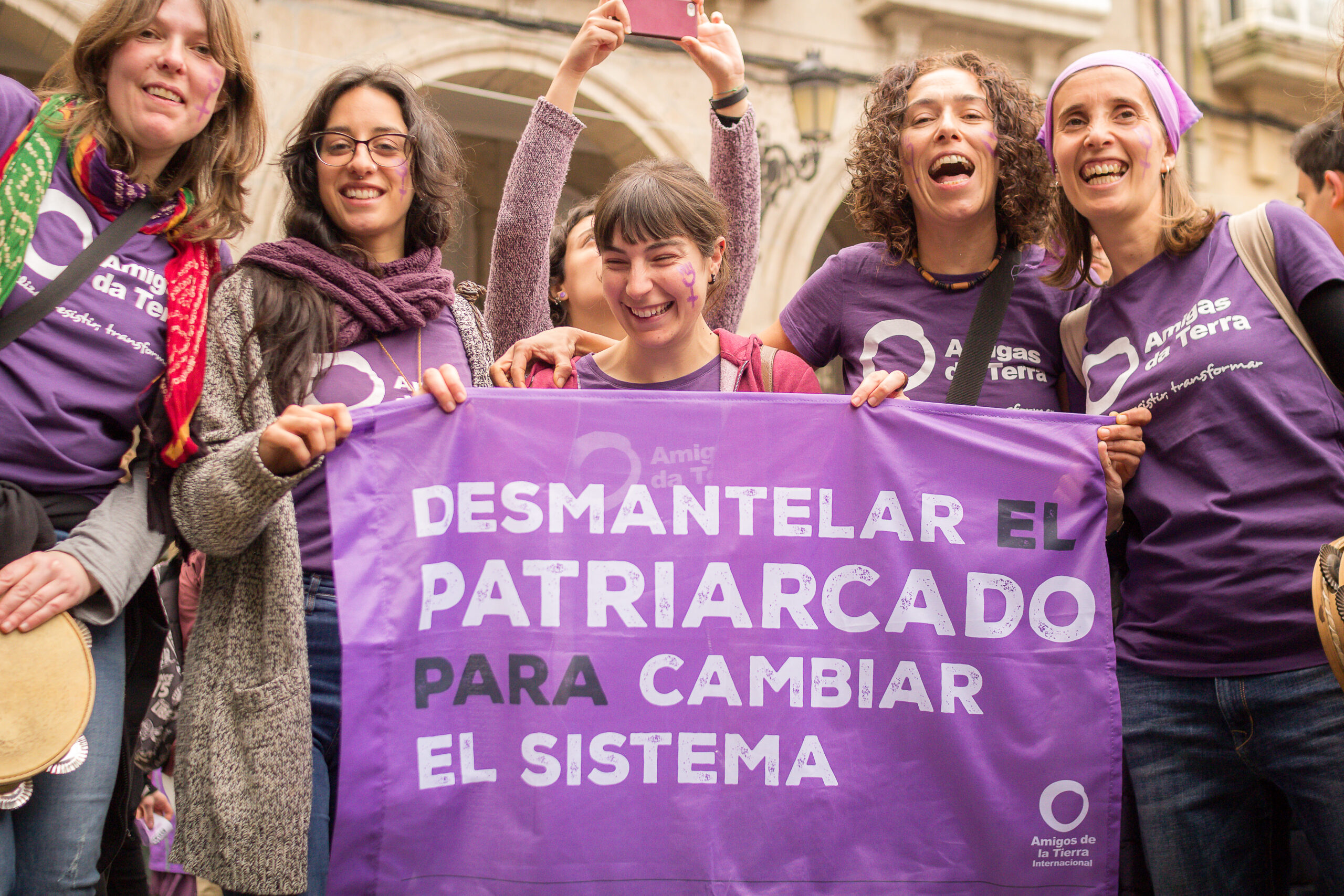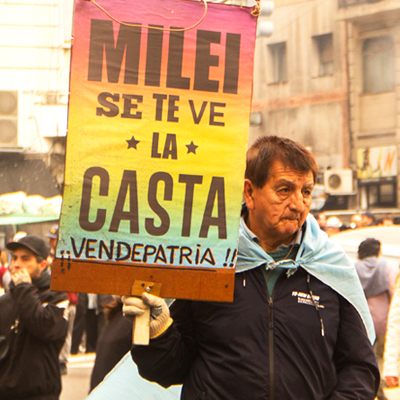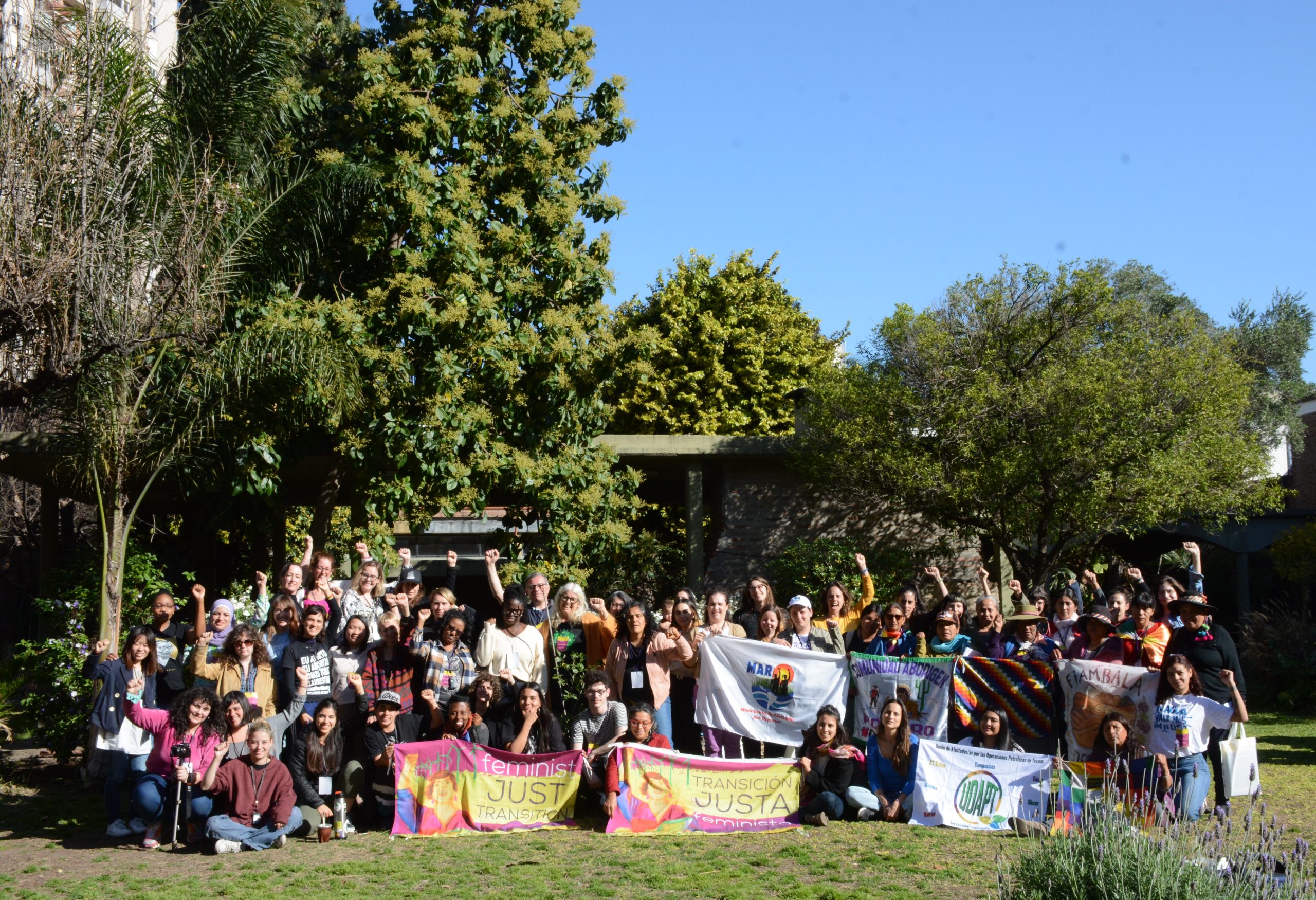Third Nyéléni Global Forum: a historic, diverse and solidarity-based convergence process
Report, photos and interviews from Sri Lanka
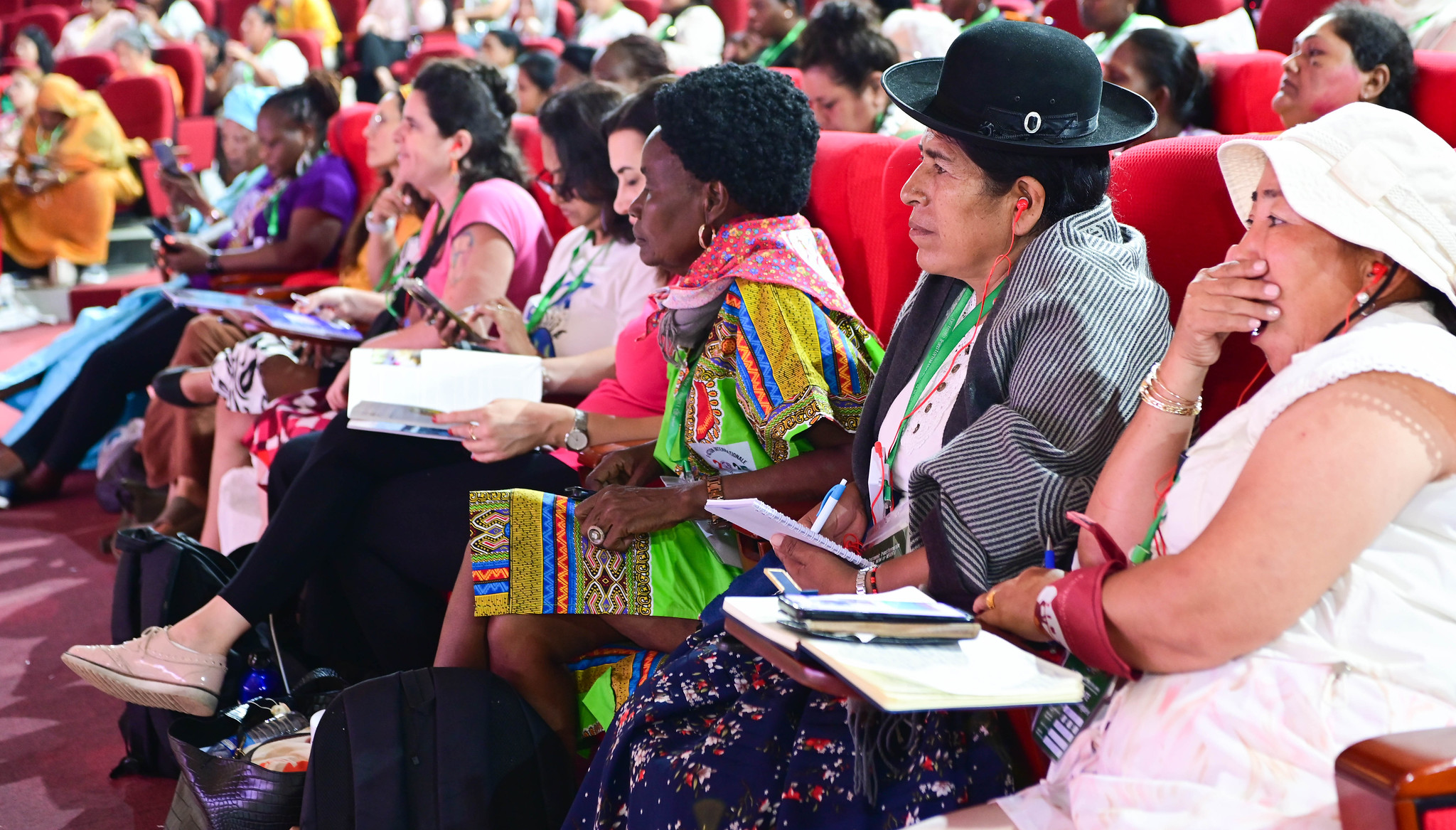
More than 1,000 people from all continents came together in Kandy, Sri Lanka, with a specific goal: to plan joint actions to overcome the multiple global crises we are currently experiencing. These crises are the result of a system that organises life and distributes resources unfairly, placing capital above life, profits above nature, and business before care.
The 3rd Nyéléni Global Forum called for an urgent transformation of this system. It is not too late, and there are already emancipatory pathways underway brought by the peoples from their territories, and it it is time to explore them.
Fisherfolk, peasant, farming, pastoralist and gathering communities and organisations, among many others, arrived in the lands of tea and coconut with the conviction and historical knowledge that food sovereignty is not possible without the intersection of other struggles. There will be no food without grassroots feminism, no distribution or fair prices without solidarity economies, no health for the people without healthy food, no land to work or live on without environmental justice, and no food sovereignty without peoples power.
“Food is not just for eating, food is not just for tasting. It is a lifeline. It is a language. It is sustainability. It is our culture and identity,” said renowned Indian artist Prakash Raj in an interview with Nyéléni Radio, a radio station produced and coordinated in a collaborative way by various social and grassroots organisations, including Real World Radio.
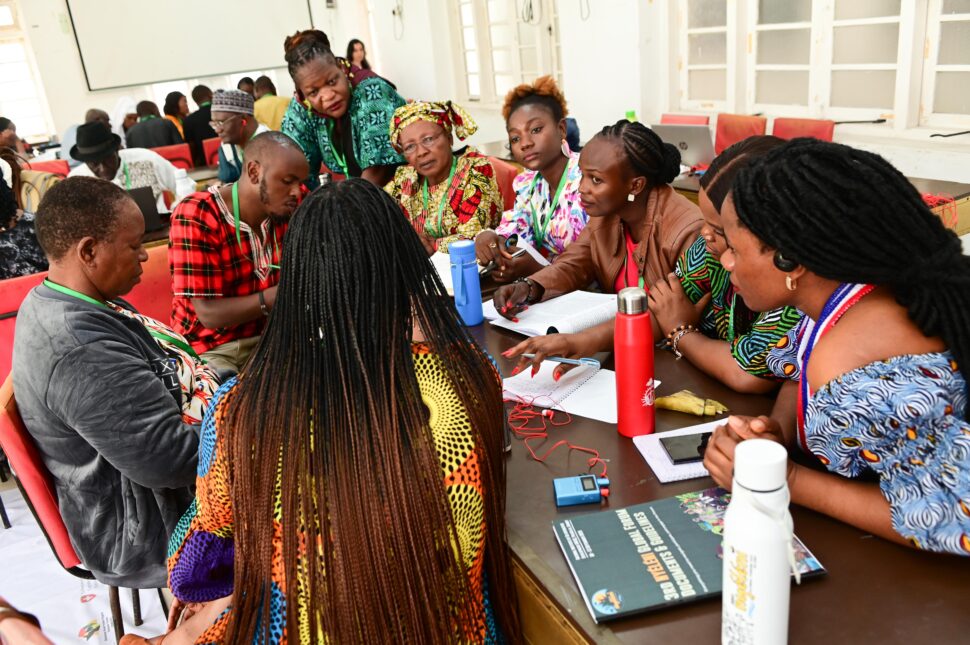
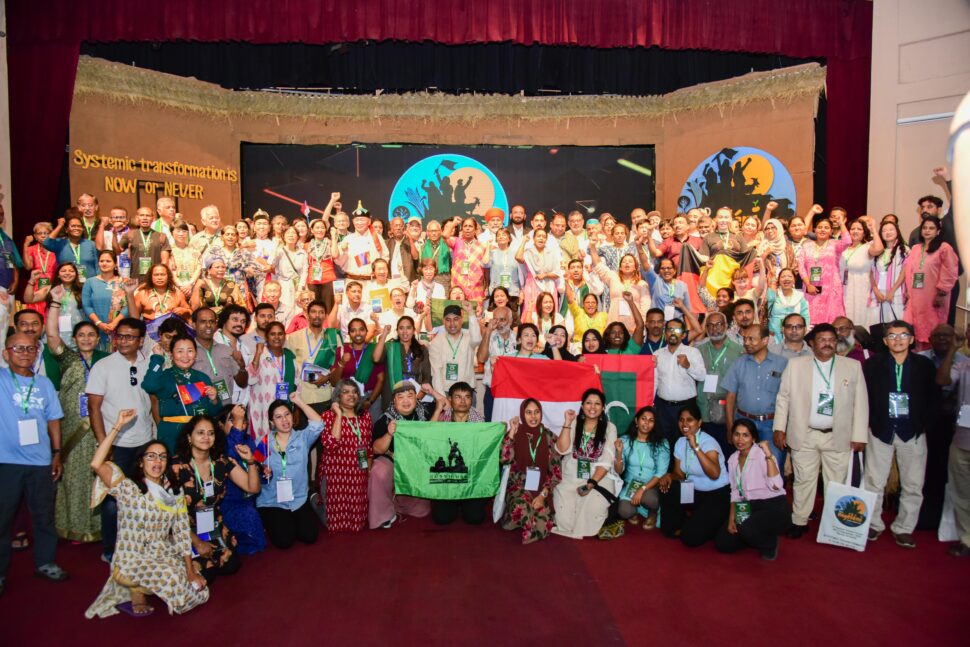
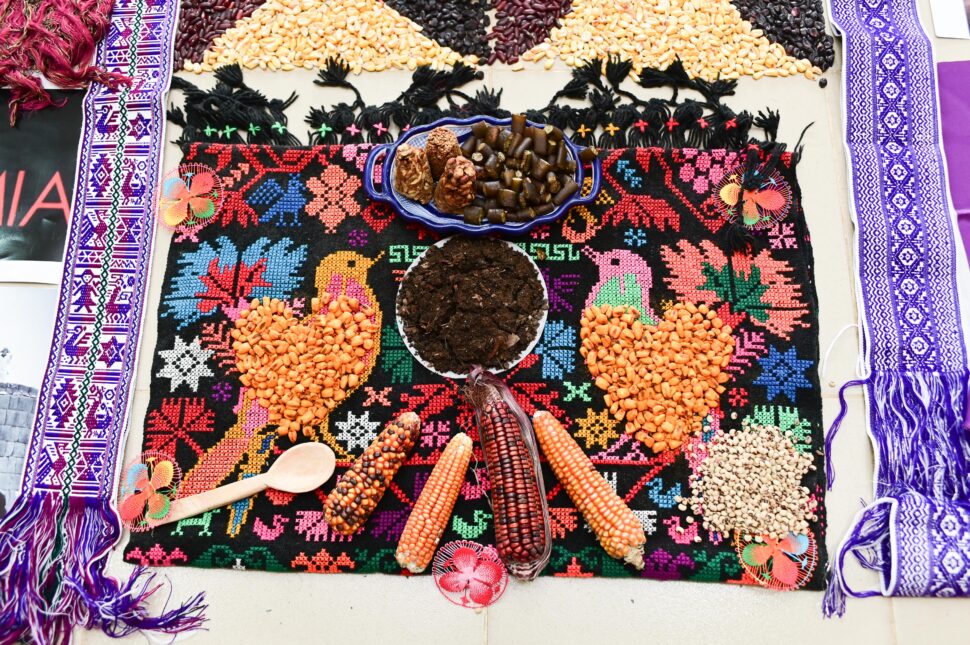
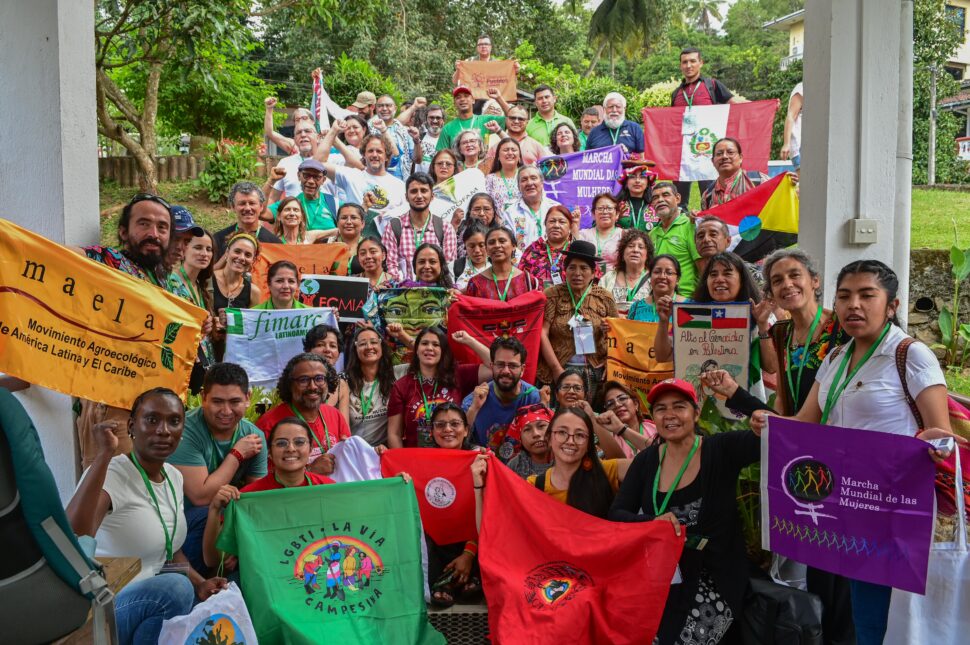
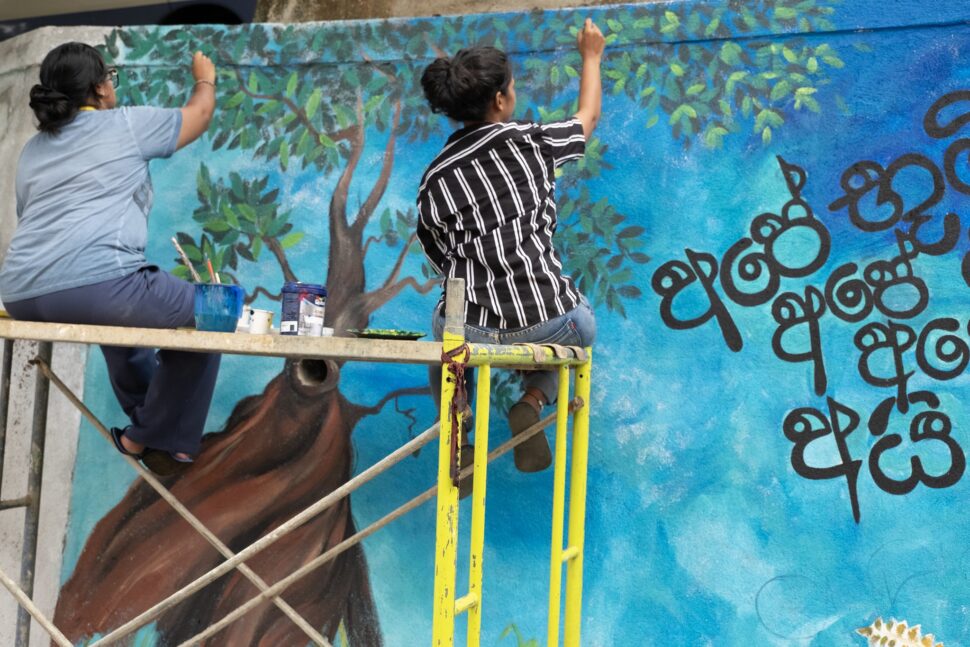
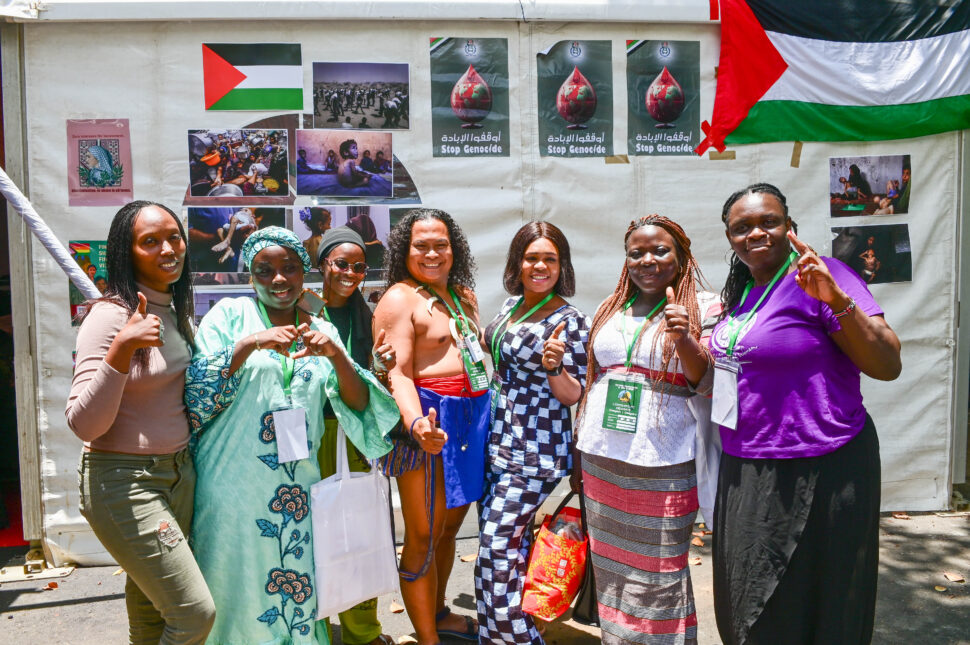
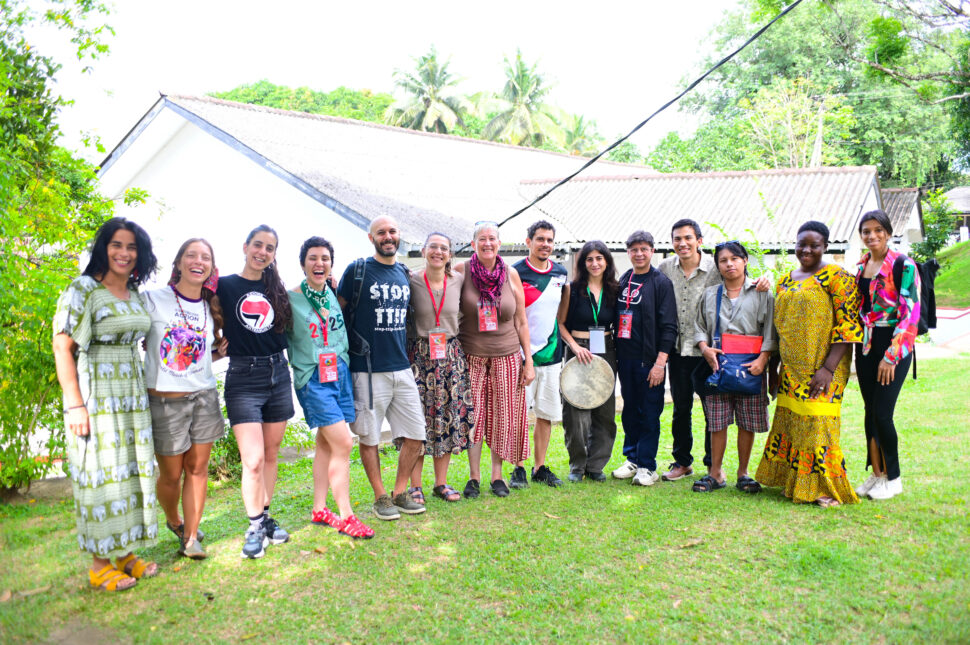
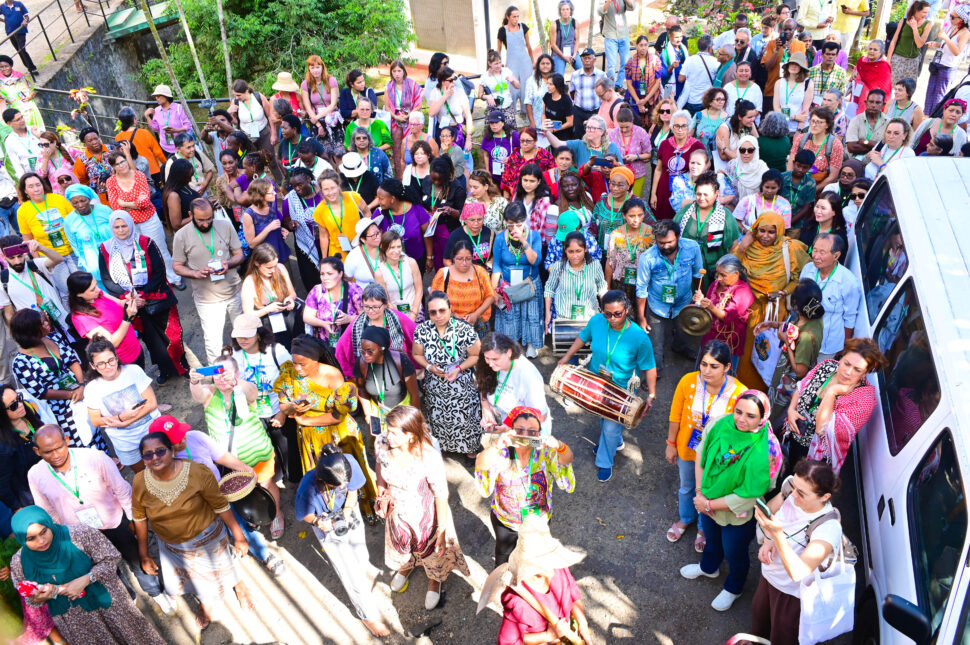
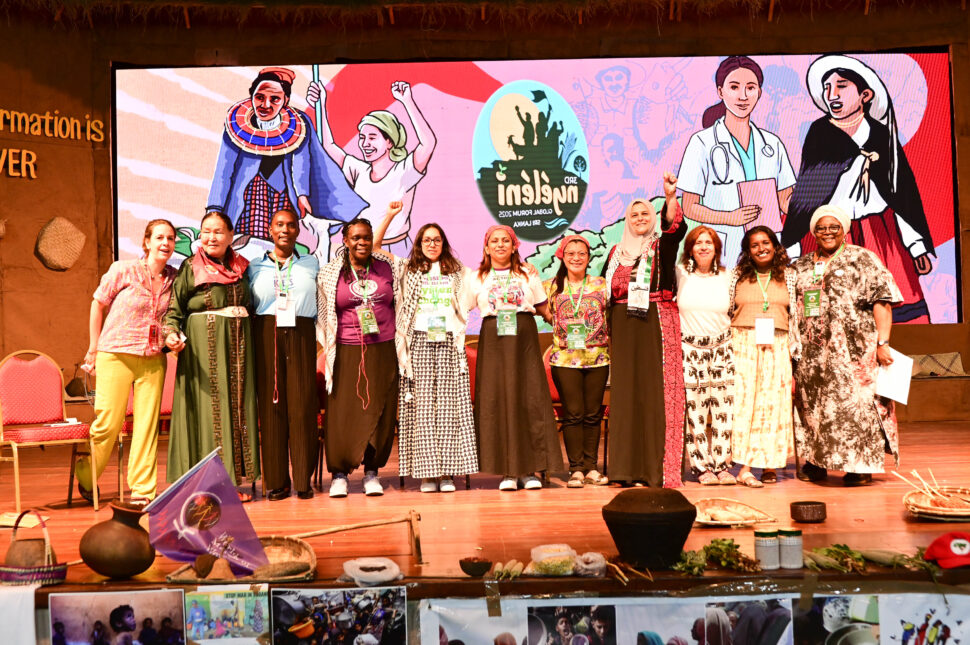
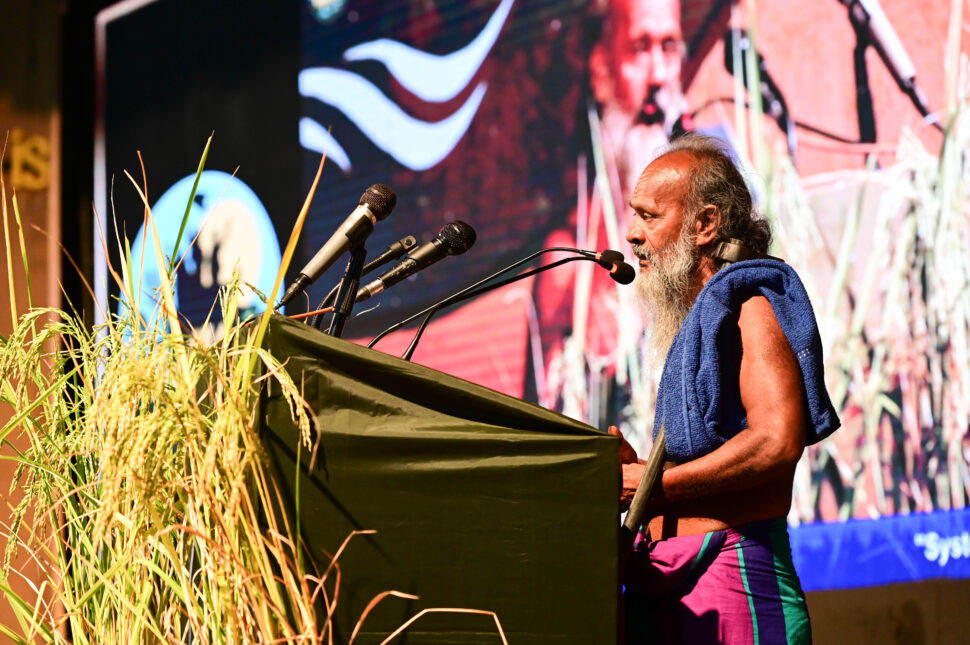
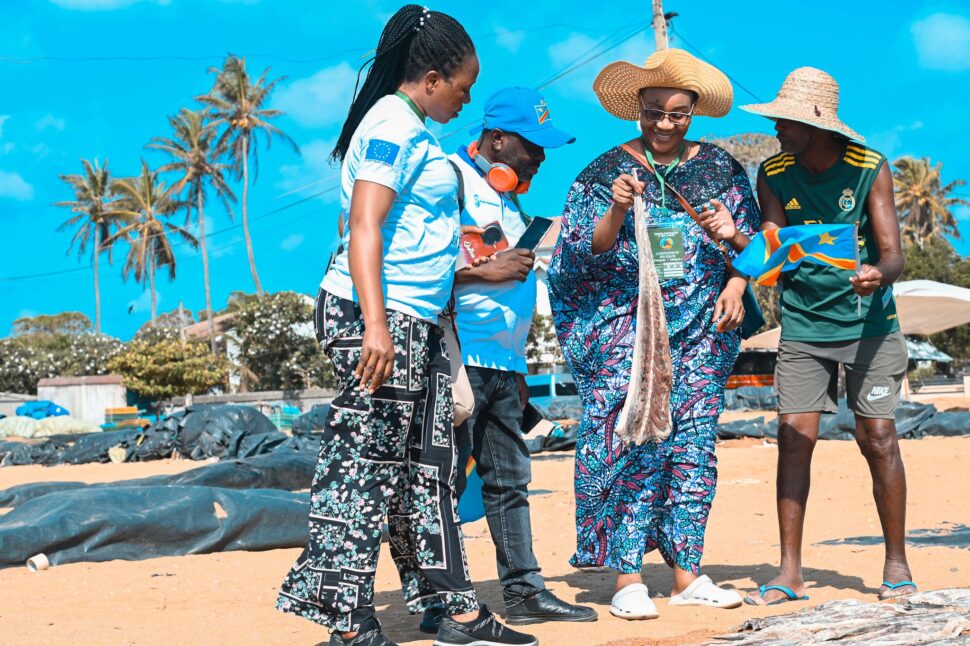
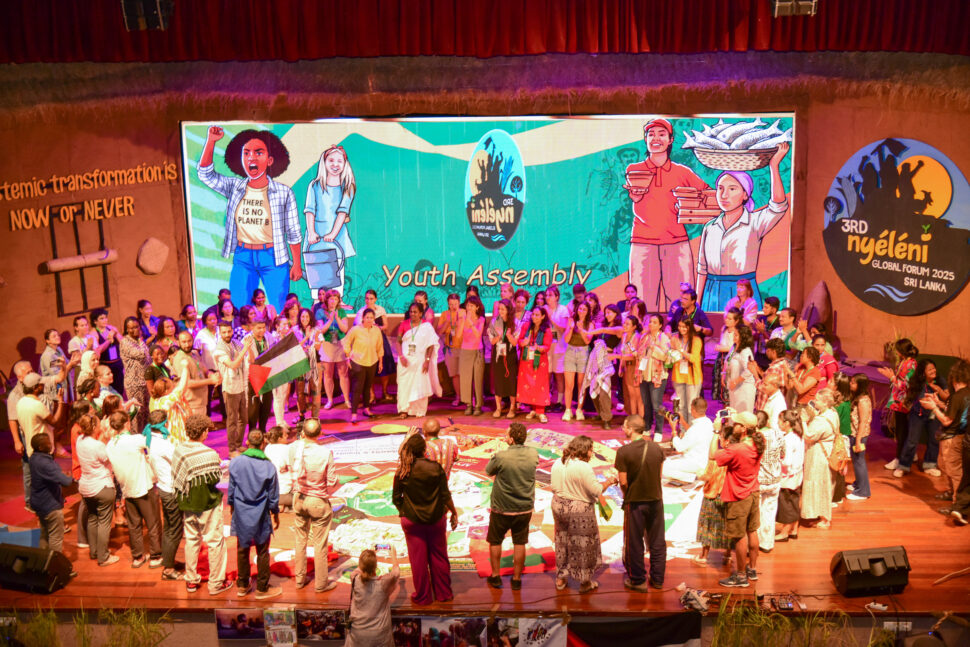
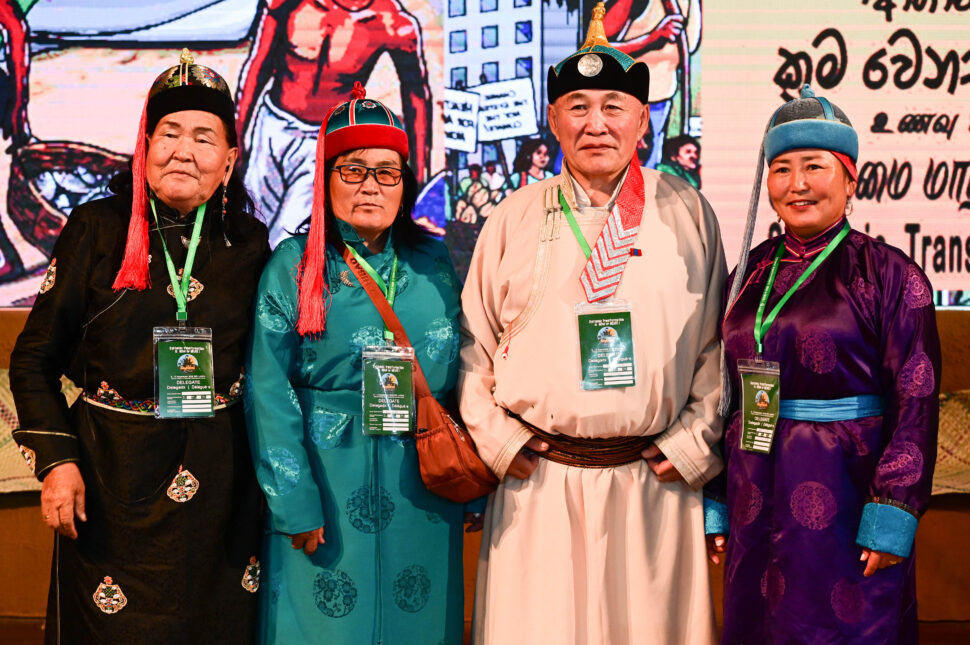
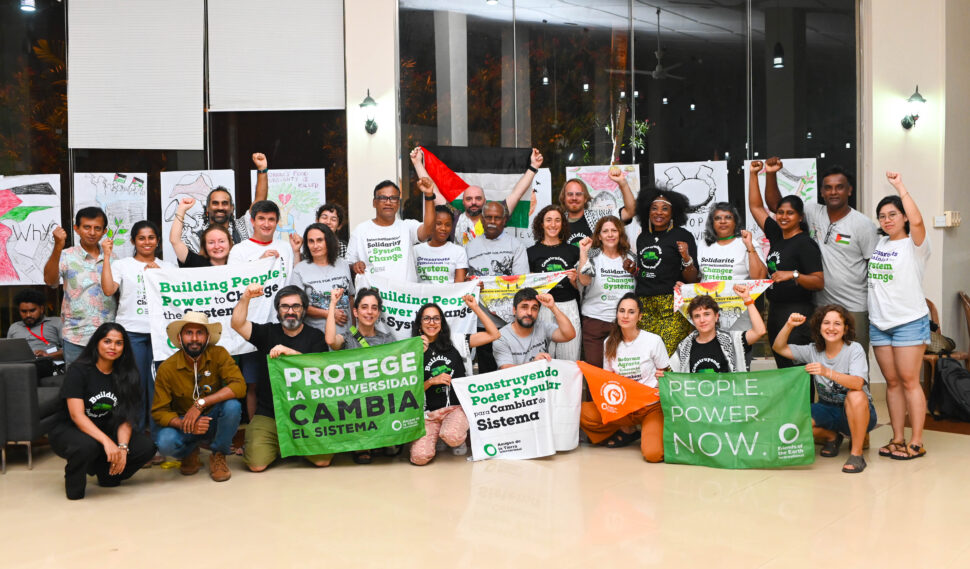
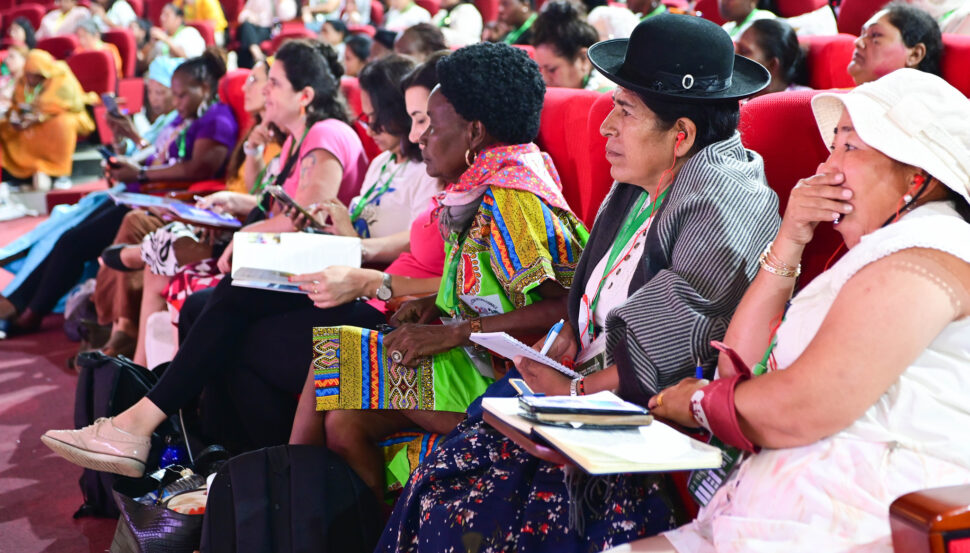
Photos: Dinusha Nanayakkara and Jude Hirantha, for Friends of the Earth International
For more photos of the Third Nyéléni Global Forum, you can find the complete photo coverage here.
Three preliminary assemblies took place before the Forum: of women, gender-diverse people and youth. These spaces marked a historic milestone in terms of global coordinated work. On the one hand, it was the first time that an assembly of gender-diverse people was held in the Nyéléni process. On the other, the Forum had a majority of women delegates, who represented 60% of all participants. In this episode of Nyéléni Radio, you can hear the voices of women and youth from the World March of Women.
After the preliminary assemblies and a large meeting of Indigenous Peoples from around the world, a week of plenary sessions followed, where common themes were discussed using different methodologies and dynamics. Here you can read daily reports published by the forum’s communications team.
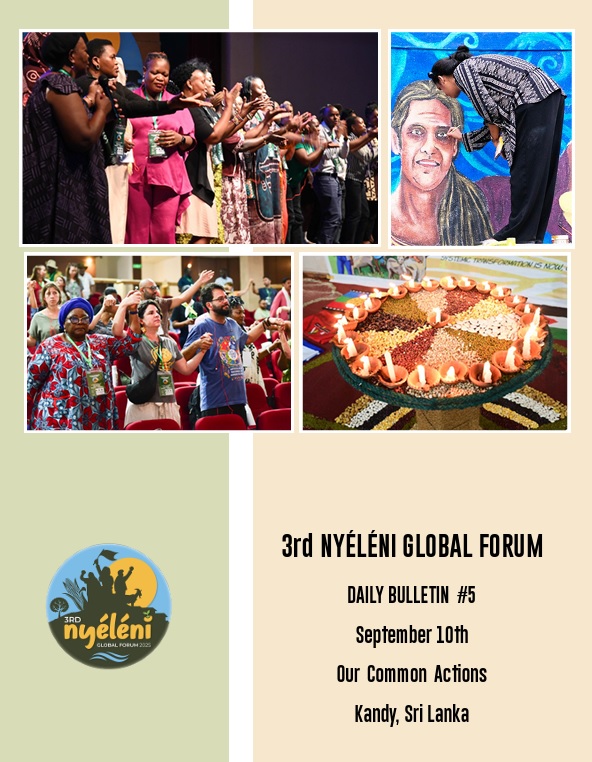
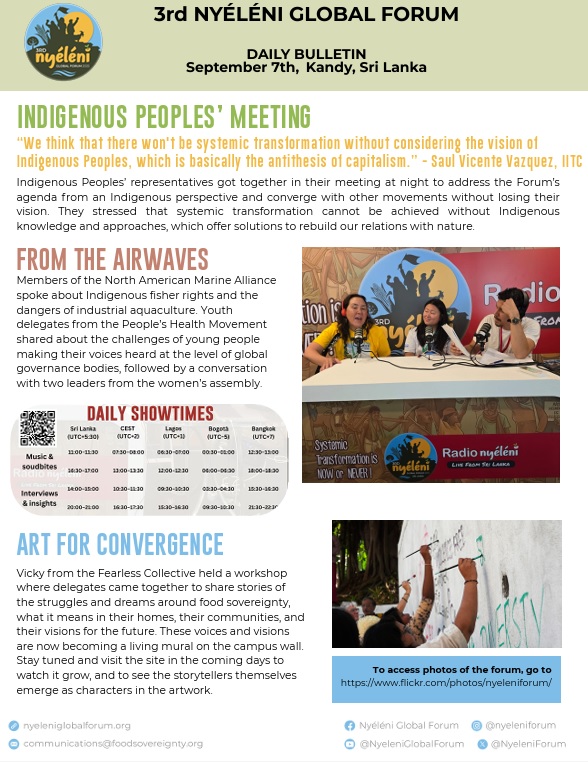
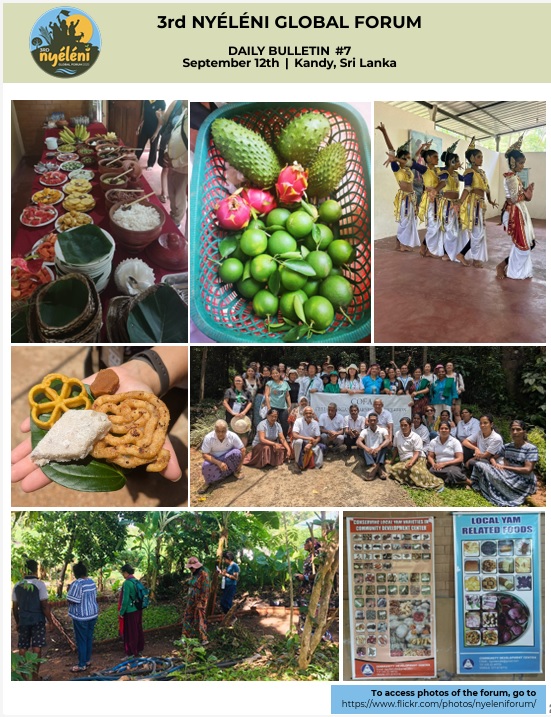
Art was also present in Sri Lanka. The Fearless collective created a participatory mural, there were various artistic performances (music, poetry, theatre and dance) and a gallery exhibiting design pieces, illustrations, collages and photographies from many parts of the world.
Solidarity with Palestine was clearly demonstrated every day, as could be seen in the keffiyehs and watermelon images present in all spaces. In addition, there was a day dedicated especially to a march, actions and an event in support and in solidarity with the Palestinian people and against the colonial genocide currently being committed by the State of Israel in Gaza.
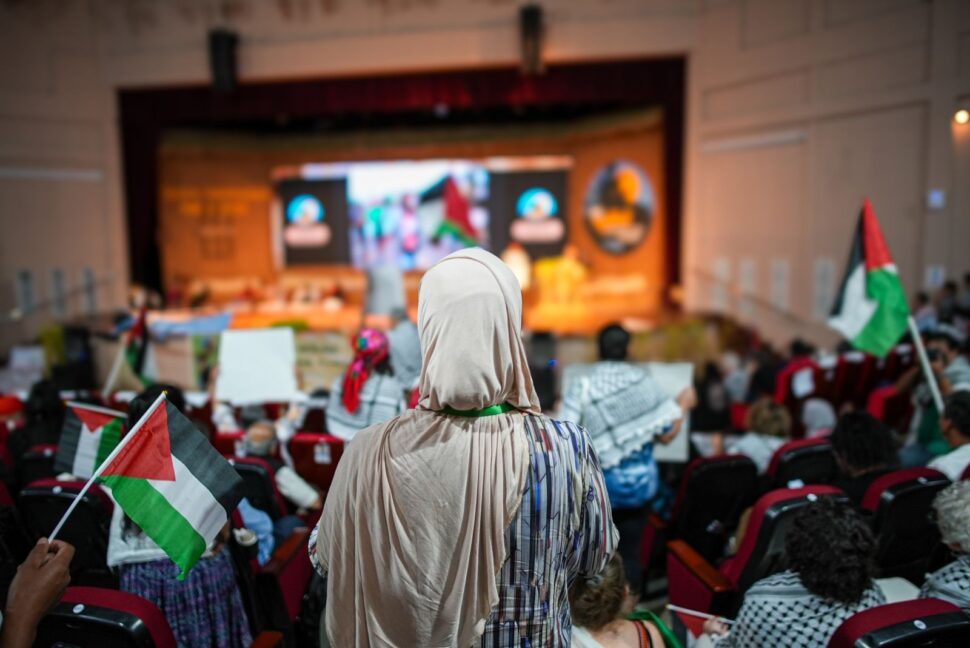
The Forum ended with an agreement on a series of actions to be taken, a declaration and a common agenda, which would not have been possible without the contribution of COATI, a collective of volunteer interpreters who made language justice a reality.
In this video, Martín Drago, international coordinator of the Food Sovereignty programme at Friends of the Earth International, summarises the closing of the Third Nyéléni Global Forum.
If you would like to know more about the Third Nyéléni Forum and its areas of convergence (1 – democracy and peoples rights, peace and internationalist solidarity; 2 – peoples economies; 3 – food sovereignty and agroecology; 4 – secure land, water, territories and agrarian reform; 5 – health for all; 6 – climate justice and energy sovereignty), we recommend listening to the live broadcasts on Nyéléni Radio, featuring interviews with various representatives of social movements, organisations and communities.



